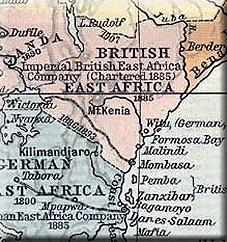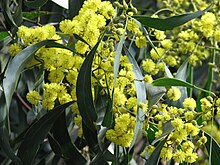These people in Swaziland are amazing. I grew up in Africa, and one of the most terrifying cries to hear is someone yelling, "MAMBA"!
Where I live in Tanzania and Kenya, we have the black and the green mamba, and both were deadly of course. We did not see nearly as many as these people do in South Africa.
Please remember that fully two thirds of the people bitten by poisonous snakes were trying to kill them. In the US the rattle snake has a limited striking distance, but he has long fangs. In Australia there are many poisonous snakes, but they have short fangs which does reduce the seriousness of strikes where any clothing is worn. But, the Aussie snakes are very deadly.
If you want to be prepared for snake bite, research the common idea of suction after a snake bite. The venom flows through the lymph system, not the blood system. So, bleeding is suspect at best. A special stretch bandage is preferred which is available online.
Brand name, Setopress.
INSTRUCTION FOR USE
SECOND SITE
I bought a suction device that was highly recommended, but later I read research from Australia and from California that found it only drew out 2% of the venom. The sales pitch claims up to 80%. The research made me very skeptical, so we have the pressure bandage and the suction device. If you can get to a hospital in reasonable time, I would strongly suggest bypassing the suction method and apply the pressure bandage and go straight to ER.
Reviews on Amazon and elsewhere are not from people who were bitten and used the suction device. They are from people who bought it and were impressed by the cleverness and ease of use. So was I, but I had to admit that and decide to go with the research.
If you are bitten, call for help, and try not to panic or run or rub the limb. That will only move the poison to be absorbed faster. In the US wear snake chaps when wandering in the woods or working there. In Africa the chaps would help, but the mambas and cobras often strike high.
Keep watching.


